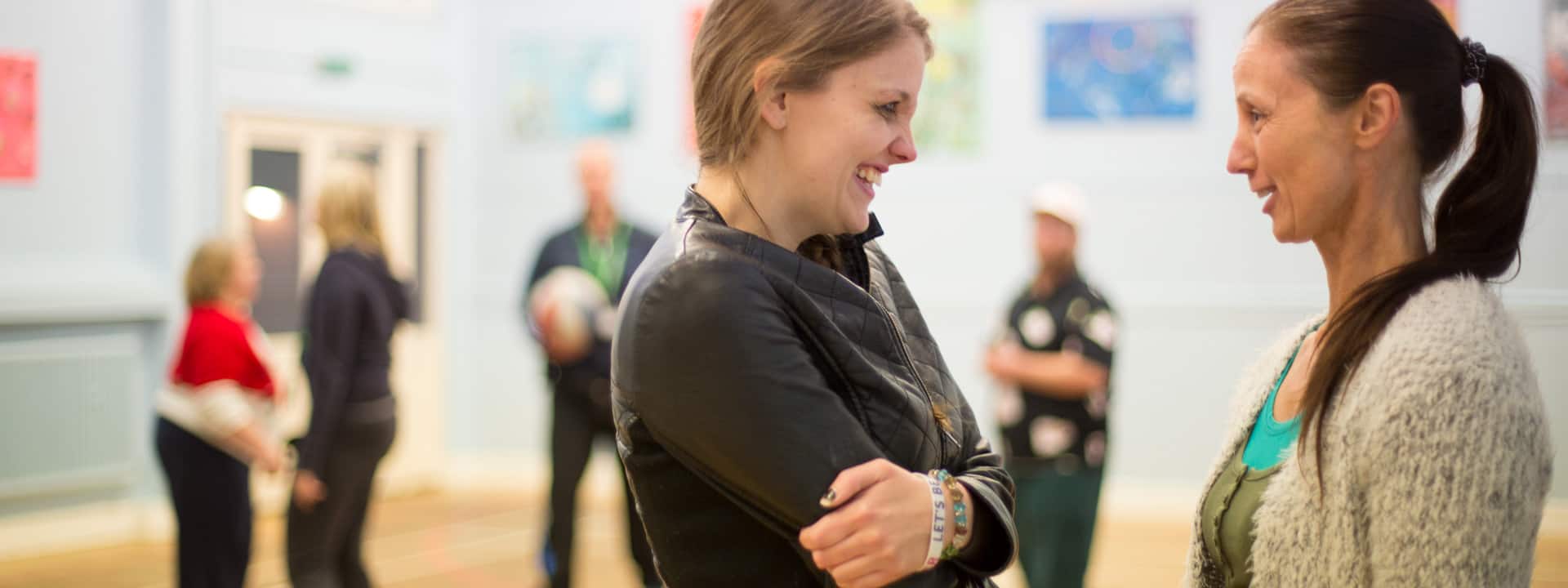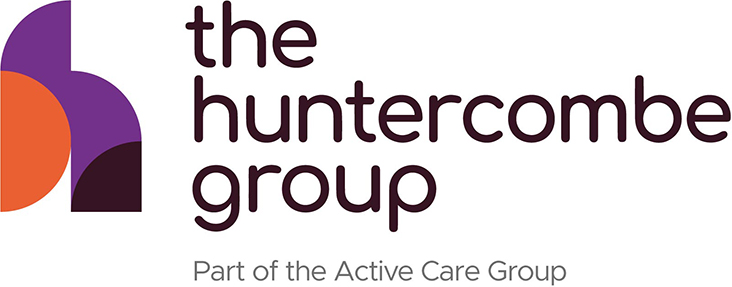
It’s Learning Disabilities Week from 19th to 25th June, and Mencap are campaigning to increase awareness around the issue of employment.
Making paid work a reality for more people with a learning disability

By Lucy Berrisford – Occupational Therapist, Eldertree Lodge
It’s Learning Disabilities Week from 19th to 25th June, and Mencap are campaigning to increase awareness around the issue of employment. Mencap (www.mencap.org.uk) works to improve the lives of people with a learning disability, and with the theme of the week being making paid work a reality for more people with a learning disability, the charity will be exploring the difficulties of getting a job if you have a learning disability, as well as raising awareness of the benefits of employing people with a learning disability. Throughout the week, Mencap will be sharing stories from employers and employees on the benefits of employing people with a learning disability, aiming to help tackle the current low levels of employment of people with a learning disability in the UK.
Mencap has carried out research which shows that whilst most individuals express the desire to work, only 6% of people with a learning disability and 15% of people with autism, are in paid employment, which is often part-time and low paid. Other research shows that it is really important to provide opportunities for vocational rehabilitation and greater social inclusion for those with a learning disability. Engaging in vocational rehabilitation offers a key focus to developing life skills to obtain or remain in work, which has been proven to increase independence and participation in society, as well as improve mental and physical health and well-being (College of Occupational Therapists, 2016)¹. Smith et al (2010)² also recognise the importance of facilitating opportunities for individuals in learning disability settings to engage in vocational training to learn skills and support improved motivation, self-esteem and confidence. The report by Mencap, “Good for Business, the benefits of employing people with a learning disability’ cites many fantastic examples of really successful working.http://www.mencap.org.uk/sites/default/files/2017-0/2017.080.1%20LDW%202017%20guide%20DIGITAL%20V2.pdf
One worker says: “I believe I can thrive at Kew, it feels very good to be earning money, it helps me to do new things and gives me a sense of achievement. I am excited to
further my experience, knowledge and to fulfil my potential. I would like to stay at Kew Gardens until I retire.”
At Eldertree Lodge, one of our Huntercombe Hospitals for adults with mental health problems and learning disabilities, we have set up the Ash Tree Café to facilitate vocational rehabilitation and social inclusion. Huntercombe is always seeking to improve care and opportunities for those within our care, and this project arose from the OT team reviewing the service and thinking of ways to incorporate more onsite vocational skills opportunities and social inclusion.
The café is run by patients with the support of OTED staff and it provides an opportunity for purposeful work experience and a place to develop interpersonal skills. The café currently provides five work role opportunities including chef, kitchen cleaner, menu designer, food purchaser and waiter.
Patients took part in a recruitment process and were supported to apply for a job from the notice board, attend an interview and complete a six week preparing for work scheme before starting their job in the café. The ‘Preparing for Work’ scheme supports patients to reflect on their skills and develop areas such as teamwork, communication, health and safety and writing CVs.

We are now into the second month of the café project and the current work force have demonstrated excellent attendance and dedication to their roles, as well as bringing ideas to the session for ways we can continue to improve the café. All employees and patients at the hospital are invited to attend the café or order a take-away from the takeaway service, which following on from a competition to name the café, was aptly named ‘Thanks a latte.’
The hospital also has some external work placements and have had many in the past to support these skills and onsite opportunities such as the gardening and grounds maintenance patient teams.
Mencap has published a series of accessible guides for people with a learning disability about finding work and for employers as well (www.mencap.org.uk/get-involved/learning-disability-week/benefits-employing-people-learning-disability).
With a number of studies having found that employing people with a disability can help to increase staff morale, which can have a positive contribution on the work output of an organisation , it seems to be a fantastic opportunity for employers to help increase wellbeing and benefit those with learning disabilities.
¹Smith A, Petty M, Oughton I, Alexander RT (2010) Establishing a work-based learning programme: vocational rehabilitation in a forensic learning disability setting. British Journal of Occupational Therapy, 73(9), 431–436.
²College of Occupational Therapists Limited (COT) 2016, Vocational Rehabilitation Factsheet
³Beyer, S. and Beyer, A. (2017) A Systematic Review of the Literature on the Benefits for Employers of Employing People with Learning Disabilities
